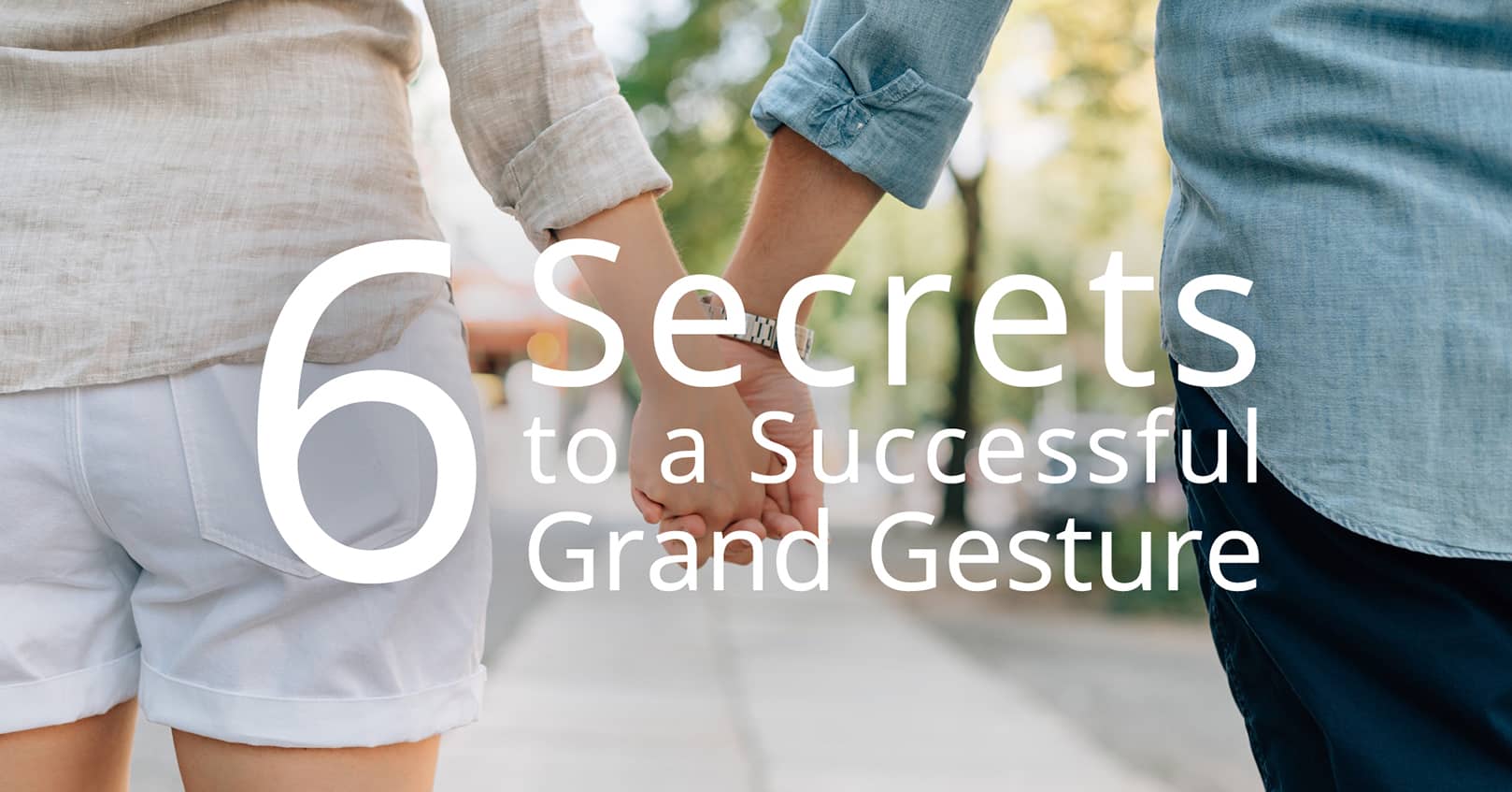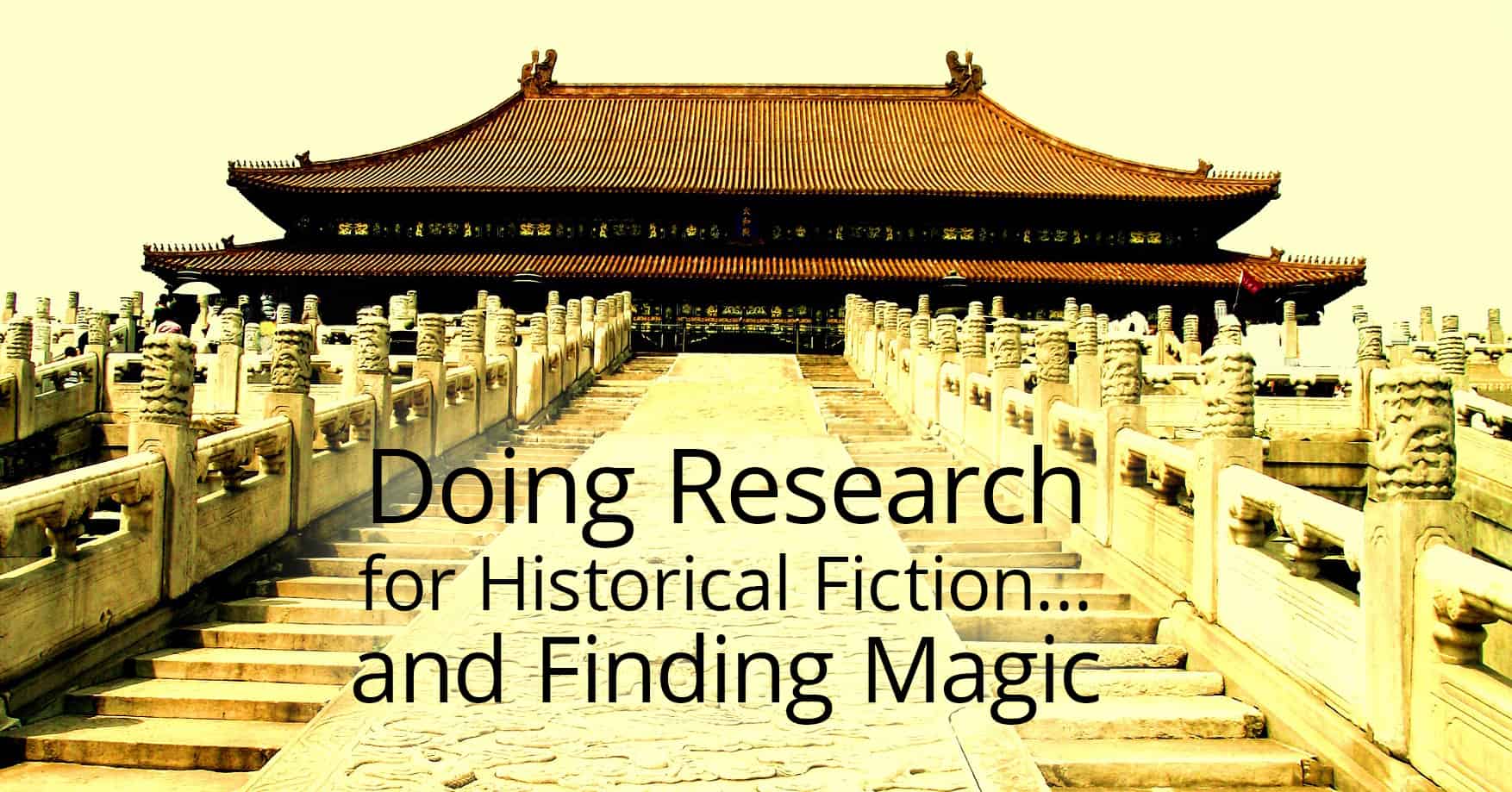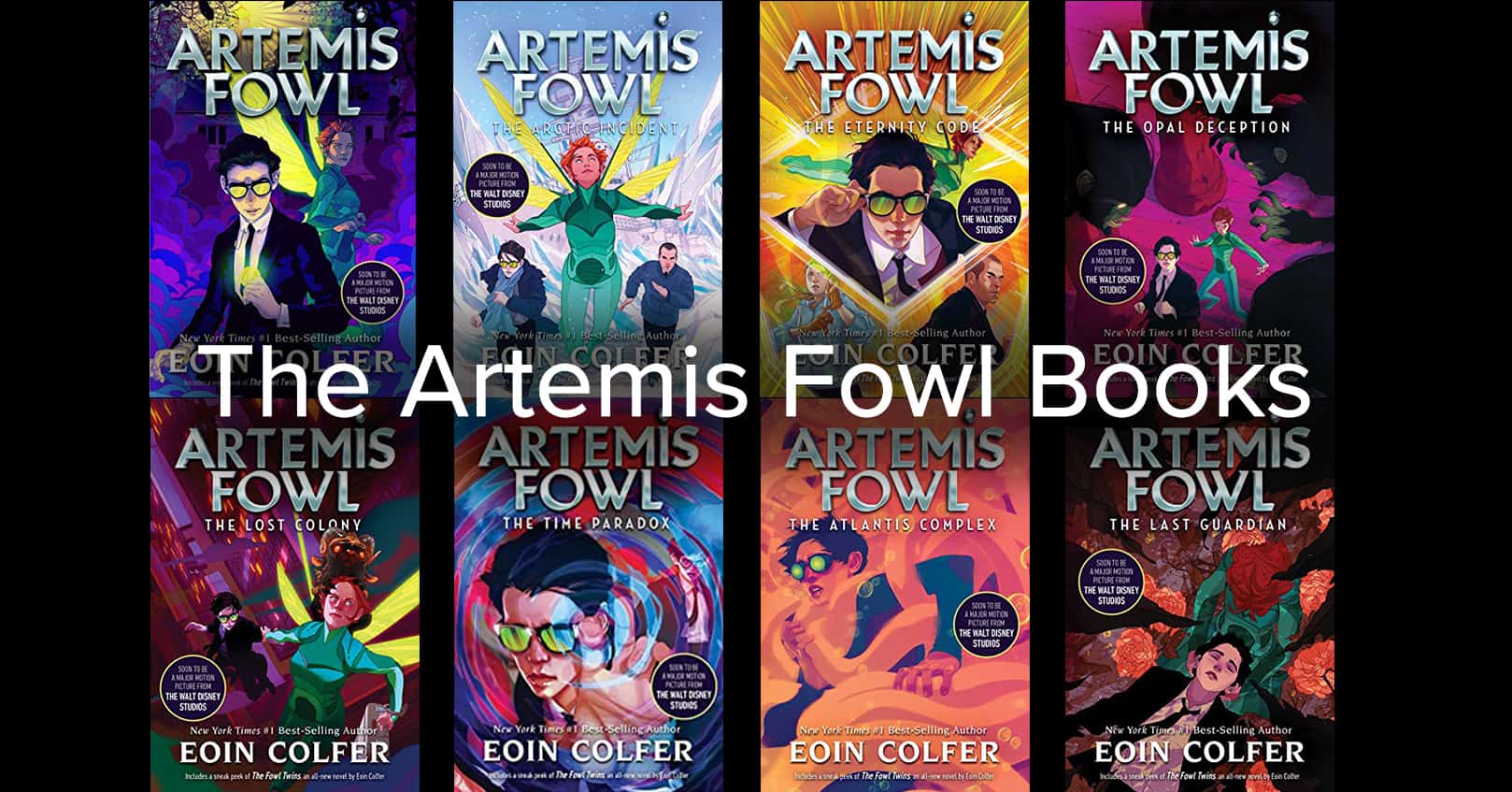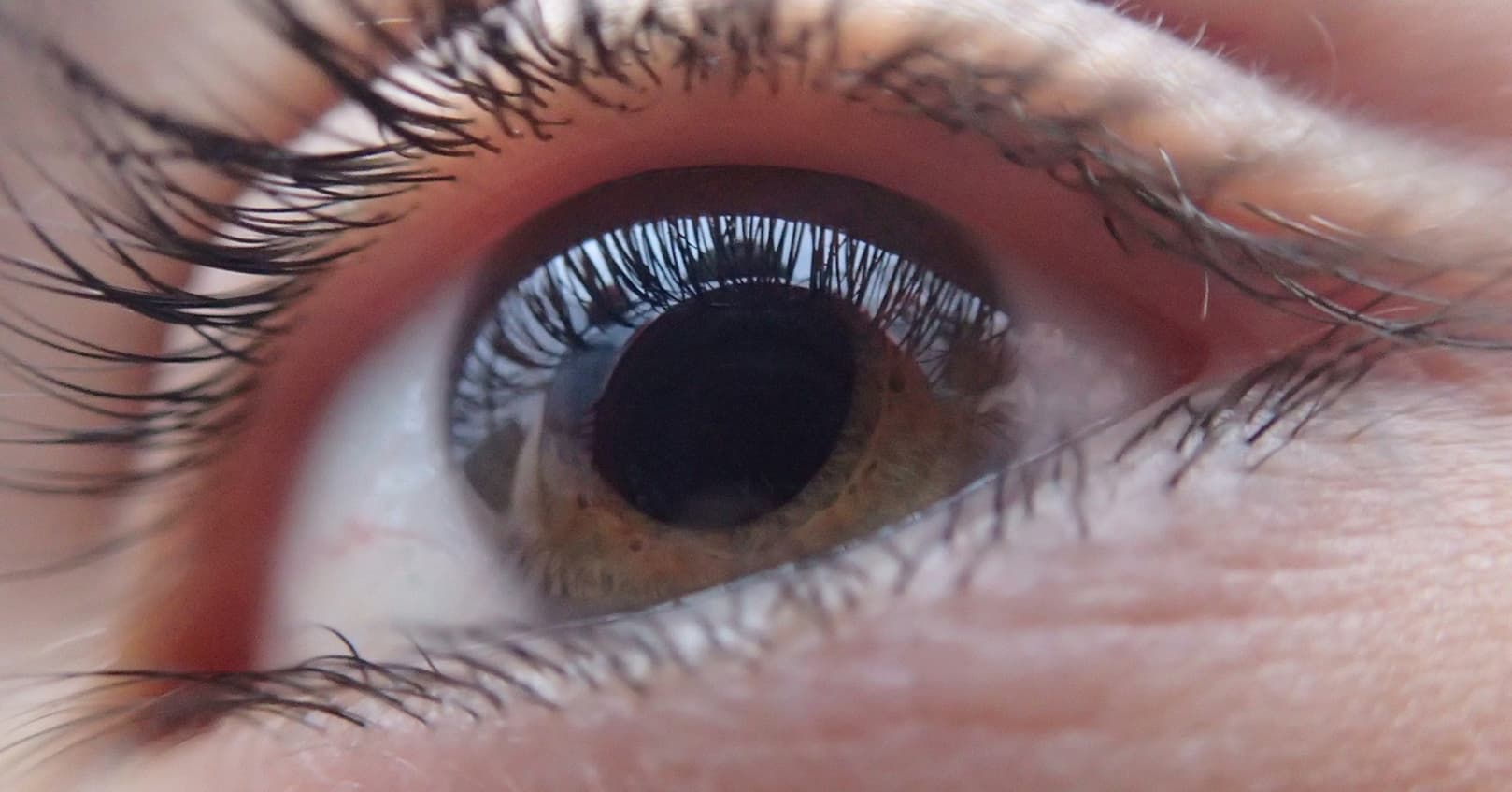
In a culture where a grand gesture can make someone who is crazy-in-love just seem crazy, let’s examine the trope and how authors can get it to work, or how readers can best enact their own grand gesture in real life. Here are six secrets for pleasing your audience, from those who have been raised on Promposals to those who tend to think a grand gesture is simply manipulation in a tux.
(Spoiler Alert: We’re talking about happily-ever-afters, so this whole article is going to spoil story endings. Since I don’t want to ruin any books for you, I’ll use movies in my examples.)
A grand gesture must be:
- Sincere. A grand gesture only works if it comes from the heart and is specially tailored by the hero to appeal to the heroine. Or, as my husband quoted from Dr. Seuss when we were falling in love, “When we find someone whose weirdness is compatible with ours, we join up with them and fall in mutual weirdness and call it love.”
This fits the scene that defined grand gestures with a modern-day serenade by John Cusack holding a boom box overhead in Say Anything. The story behind the story is that Cusack didn’t actually want to say “I love you” in the film because he thought it would be dorky. The director told Cusack he could help write his lines in order to get him to take the part, so John couldn’t be forced to say those three little words. But then Cusack fell in love in his own life and apparently wanted to say “I love you” all the time in the film. And it was this sincerity that came through in a big way.
- Sensible. At first glance, grand gestures don’t seem sensible, but they do become believable if they fit with the storyline and characters. Most importantly, there can be no other options left other than the grand gesture, so the audience is able to relate to and root for the characters.
In the movie Fever Pitch, Jimmy Fallon’s obsession with baseball is what tore him and Drew Barrymore apart. His grand gesture of selling his season tickets is the only way he can think to win her back. When she finds out, she’s just as determined to stop him from selling his tickets, and all the normal channels of stopping him (like a simple phone call) are blocked. Otherwise her comedic sprint across Busch Stadium would have only made viewers roll their eyes.
- Surprising. Even if we know we’re reading/watching a romance and the couple is going to get together in the end, we don’t want it to be predictable. It’s the unexpected that makes a story enjoyable.
I loved the remake of the movie Arthur for this reason. Arthur, played by Russell Brand, gives up the millions of dollars he’s set to inherit to get out of his wedding to Jennifer Garner, and he actually does this by ripping off his tux and running out of the church in his underwear. A fun scene, but nothing unexpected for his eccentric character. The unexpected part comes after he runs to Greta Gerwig’s house in his underwear and professes his love to her outside her window. She tells him she loves him too, and she’s sorry for what he’s going through, but she can’t replace his mother by taking care of him. Then she closes the window. The audience is surprised, broken-hearted, and even more invested.
- Sacrificial. The examples above are also sacrificial. The heroes were willing to give up something they want to be with the other person. Even Greta Gerwig’s character gave up a relationship with Arthur because she loved him too much to enable him.
I love the chase scene in How to Lose a Guy in 10 Days for this reason. Matt Mac hops on his motorcycle and chases down Kate Hudson’s taxi. He catches up to her on the bridge where she rolls down her window and shouts, “Are you trying to get yourself killed?” He replies, “If that’s what it takes, yeah!” He’s willing to make the ultimate sacrifice, which works on multiple levels because their “love fern” had died, and she’d once crazily demanded to know if he was going to let them die like the love fern. He’d actually put this dead plant on the back of his bike for the chase, which brings me to our next secret.
- Symbolic. In symbolism, the story becomes bigger than just that of two characters on the screen/page. It offers hope to us all through the bigger picture.
Notting Hill brings two different worlds together. There’s Great Britain and America. Books and movies. Success and failure. Friendships and loneliness. All have the ability to separate this couple if they let it, but instead, Hugh Grant rushes to talk to Julia Roberts one last time. Because she’s in the middle of a press conference, he poses as a reporter and asks the question everyone wants to know. Is there any circumstance in which she would stay in London? She responds in a way that clues everyone into the fact that this couple is in love. Despite being separated by a symbolic ocean of media professionals, they smile at each other like they are alone in the room. And we all feel a little bit more connected to those around us.
- Satisfying. As a viewer, I get frustrated if the grand gesture is nothing more than an apology for bad behavior. It isn’t satisfying if it’s only trying to erase history and not paving a path for the future. I need to know that the grand gesture is just the beginning of beautiful things to come.
Thank Adam Sandler in The Wedding Singer. That’s who my husband thought of when I told him I was writing this article. The ending to that movie was satisfying on so many levels. The jerk got his comeuppance. The whole plane got involved, including Billy Idol. And there was a cute little song that fit the character’s profession. But most importantly, Adam didn’t just want to win Drew’s hand in marriage. He wanted to grow old with her. He wanted the challenges and hard days along with the contentment of commitment. You can’t have a happily-ever-after without such a promise.
I must admit that I’m a sucker for grand gestures. When done well, they can make the story worth reading/watching over and over again. That’s why in my books you’ll find characters jumping out of planes, galloping on horses, rushing the stage at film festivals, and rafting whitewater. I don’t just write love stories. I write crazy-in-love stories.















This is a wonderful list. Comprehensive and creative!